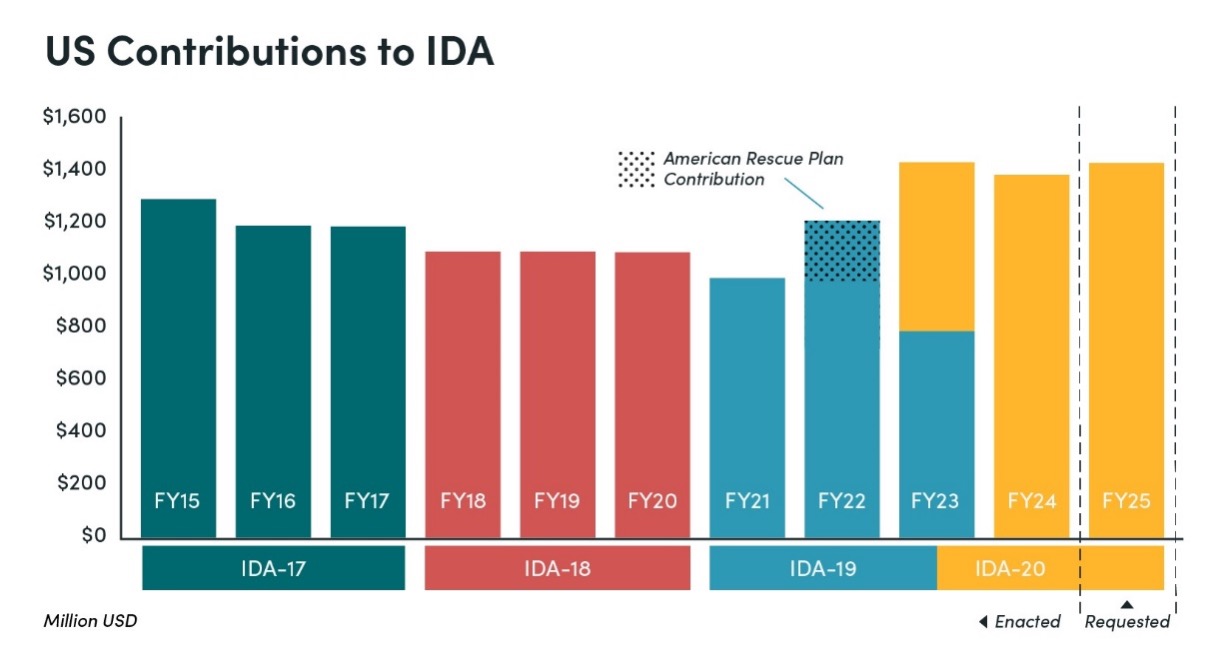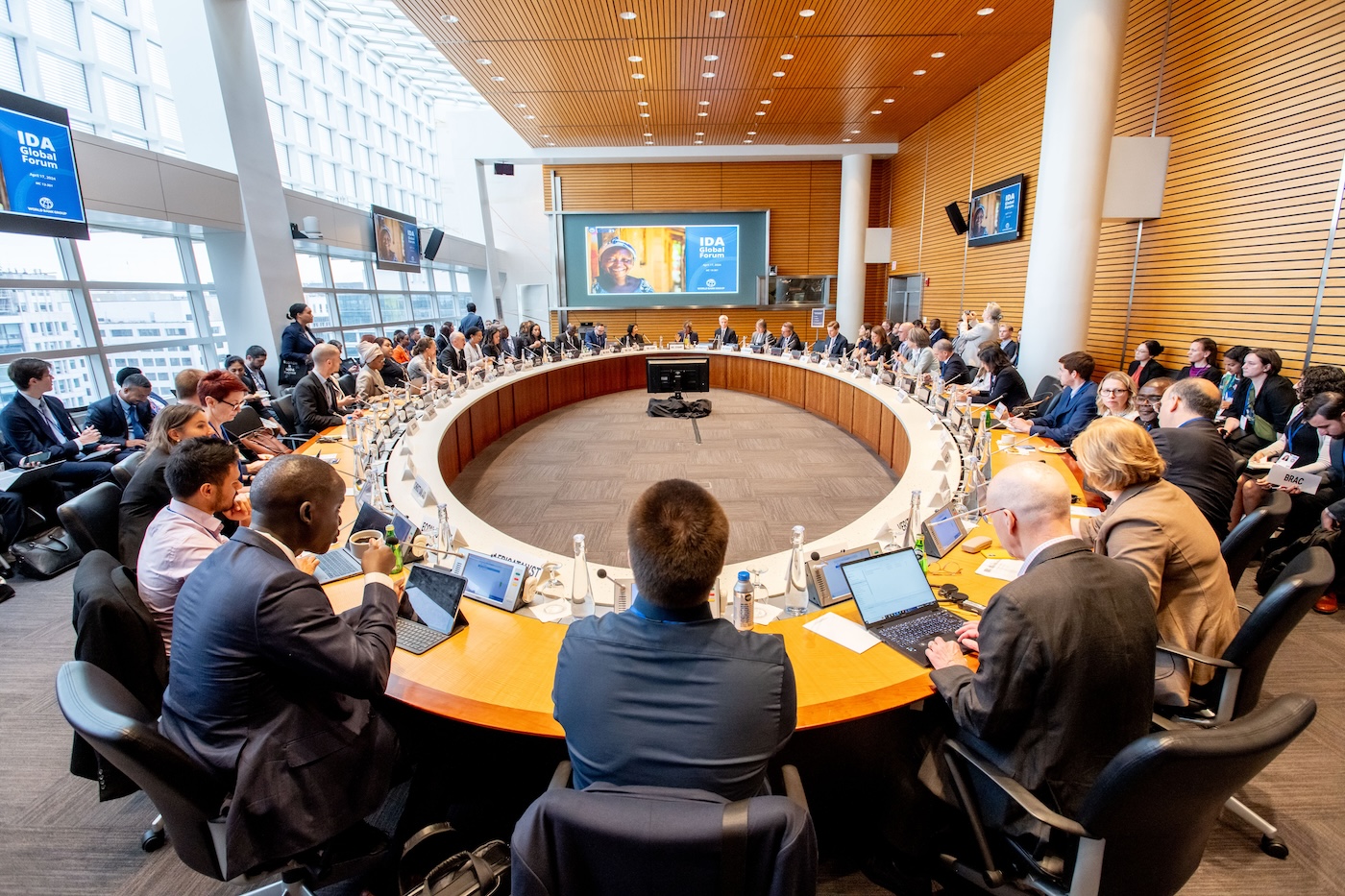In an op-ed in Devex the International Finance Corporation CEO Philippe Le Houerou announced that the IFC’s board will undertake a review of its accountability mechanisms, including the office of the Compliance Advisor Ombudsman (CAO).
The announcement is timely. In February, the Supreme Court ruled 7-1 ruled against IFC’s claims of total immunity from prosecution in a case alleging gross violations of IFC’s environmental and safety standards. Another case alleging human rights abuses by IFC’s client in Honduras is set to go to trial shortly. And IFC is currently also facing complaints about inhumane working and living conditions brought by tea workers and their families involved with an IFC-financed project in Assam, India.
Le Houerou writes:
Recently, in the context of IFC’s strategy to engage in more challenging markets and litigation questioning the extent of our accountability, our board has decided to review our environmental and social accountability framework, including the role and effectiveness of CAO.
He goes on to say:
All of us at IFC are accountable to the people benefiting from and affected by projects we finance, as well as to our creditors and borrowers, and to our development partners. We are accountable for monitoring our clients’ projects, anticipating the impact on communities and the environment, and doing our best to meet our development objectives in an environmentally and socially responsible manner.
By initiating a review, IFC’s Board is taking the first step toward a more transparent and accountable operating structure.
In my view, the Board must recognize three things:
-
The review must involve wide-ranging consultations. These consultations must include the communities affected by IFC’s projects, local NGOs, international NGOs, think tanks, and activists who have been speaking, writing, and collecting evidence about IFC’s environmental and social safeguard failures.
-
The review must consider compensation for individuals and families harmed by IFC’s projects. This includes the thousands of fishworkers who have lost their livelihoods in the IFC-financed Tata Mundra project as well as the victims in other cases identified by the CAO. The review committee must explore mechanisms by which compensation can be made.
-
The review must look at IFC’s overall lack of transparency. At present, there is very little data on the IFC’s website to enable external validation of its performance. For example, an excellent new report from the Overseas Development Institute contradicts statements about translating billions of (public) dollars to trillions. Charles Kenny, Jared Kalow, and I have questioned the IFC’s ability to increase its involvement in fragile and low income states. Kenny has also written about the lack of transparency of IFC’s private sector window. A proper review must identify gaps in transparency along with the lack of accountability—and seek to address both.
CGD blog posts reflect the views of the authors, drawing on prior research and experience in their areas of expertise.
CGD is a nonpartisan, independent organization and does not take institutional positions.





